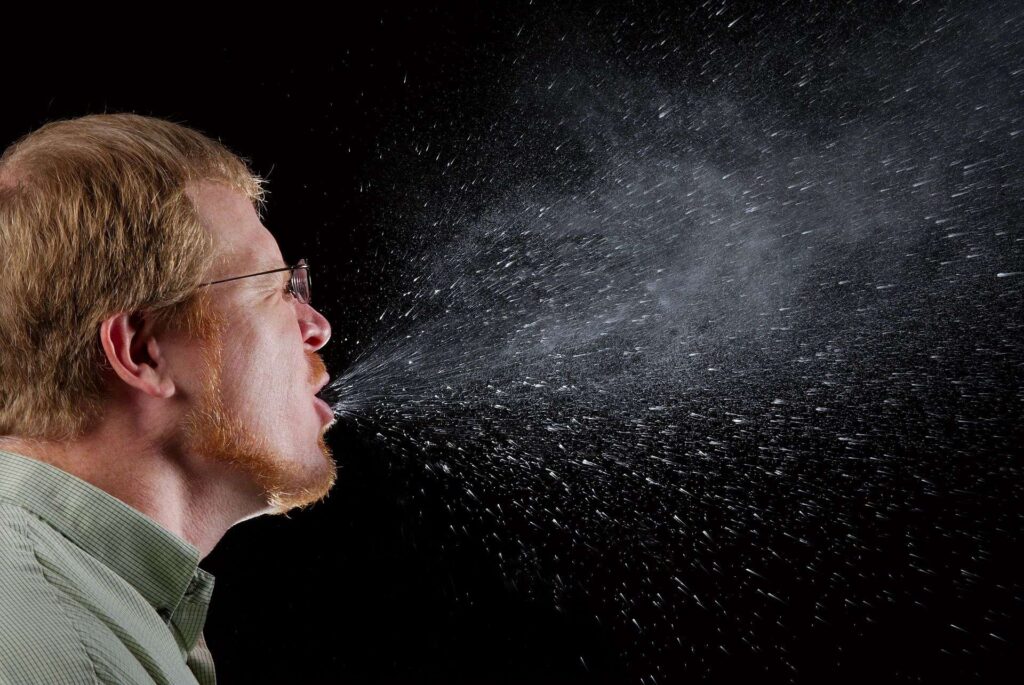 A truck driver’s entitlement to certain workers’ compensation benefits was recently upheld on appeal, despite his employer’s argument that any future medical treatment would be unrelated because the driver experienced a sneezing episode.
A truck driver’s entitlement to certain workers’ compensation benefits was recently upheld on appeal, despite his employer’s argument that any future medical treatment would be unrelated because the driver experienced a sneezing episode.
In the case of CLT Transport v. (Stiles), a truck driver applied for workers’ compensation disability benefits after an on-the-job accident in July 2012. He underwent surgery to repair one part of the spine in April 2013. The surgery failed to alleviate his symptoms so his doctor recommended he undergo additional surgery on two different areas of the spine. The arbitrator who presided over his hearing awarded the injured driver certain workers’ compensation benefits, including an award for future surgery.
The Illinois Workers’ Compensation Commission reversed part of the arbitrator’s decision. The Commission ordered the injured driver’s employer to pay for treatment to one part of his spine but not the other part. They found that the second injury to the spine occurred after the original work accident and, therefore, was unrelated.
The driver’s employer appealed the decision, arguing that it did not have the obligation to pay for any future surgery on either part of the spine because of a sneezing episode that the employer claimed broke the chain of causation.
CHAIN OF CAUSATION
In September 2013, the driver experienced a “sneezing episode,” of which he informed his therapist that day and which was then noted in his physical therapy records. The employer argued that this violent sneezing episode was a subsequent, intervening incident, one that was completely independent of the initial work accident. The sneezing episode may therefore very well have caused new, unrelated injury to the driver’s back.
As such, the company argued that it broke the chain of causation that linked his injuries before this sneezing episode to his physical condition after it, which would have arguably relieved the employer of any further responsibility for the truck driver’s medical treatment.
The Appellate Court rejected this argument. They noted that the worker’s symptoms from his first injury had not been alleviated by the time of his September 2013 sneezing episode. The Court also pointed out that MRIs performed before and after this incident showed a disk protrusion at the same area of the spine. Despite the employer’s argument, no new herniation seemed to have developed after the sneezing episode, so the Commission’s decision was affirmed.
<< BACK TO BLOG POSTS